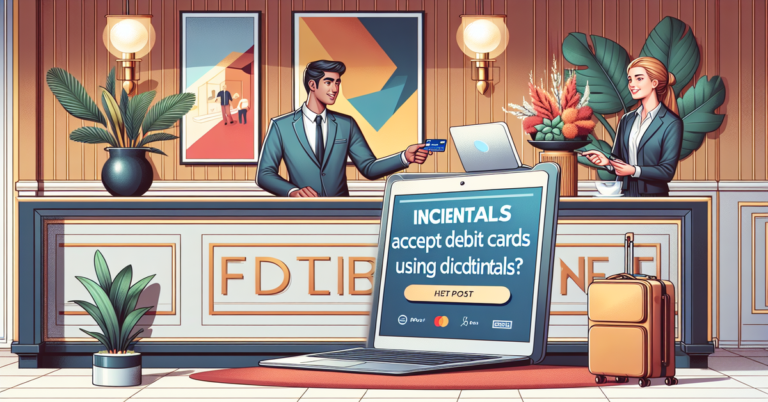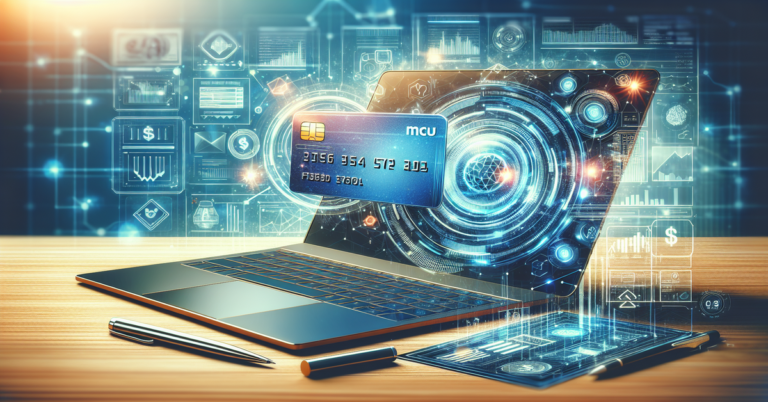What Happens When You Bypass Pin on a Debit Card
When you bypass the PIN on your debit card, you might think it's a harmless shortcut, but the reality is far more complex. This action greatly heightens the vulnerability of your account, opening the door to unauthorized access and potentially devastating financial implications. You could find yourself facing unexpected charges and confusion over fraudulent transactions. Understanding the layers of risk involved is essential, especially when considering the implications for your financial security. What could be the long-term effects of this seemingly simple choice?
Understanding Debit Card Security
Debit card security relies on a combination of PIN protection, encryption, and fraud detection systems to safeguard your financial information. Your Personal Identification Number (PIN) acts as a first line of defense, guaranteeing only you can access your funds. Encryption technology secures your data during transactions, making it nearly impossible for unauthorized users to intercept sensitive information. Additionally, fraud detection systems monitor your account for unusual activity, alerting you and your bank to potential threats. By understanding these layers of security, you can better appreciate the importance of keeping your PIN confidential and being vigilant about your account activity. This awareness helps protect against unauthorized access and guarantees your financial safety in an increasingly digital world.
Risks of Bypassing a PIN
Bypassing a PIN can expose you to significant financial risks, including unauthorized transactions and potential identity theft. When you skip entering your PIN, you fundamentally lower the security barrier protecting your funds. This makes it easier for fraudsters to access your account if they gain possession of your card.
Moreover, without the added layer of PIN protection, you may not receive alerts for suspicious activity as promptly, leaving you vulnerable to extensive losses. Even if you think your card is safe, stolen or misplaced cards can quickly turn into a gateway for fraud. Always prioritize your financial safety by adhering to security protocols. Avoid any shortcuts that can jeopardize your hard-earned money. Stay vigilant and secure your financial assets.
Consequences for Your Bank Account
Skipping your PIN can lead to serious consequences for your bank account, including unauthorized charges that could drain your funds and complicate your financial management. When you bypass this security measure, you're leaving your account vulnerable. Any unauthorized user could easily access your funds, leading to potential overdraft fees and unnecessary stress. Additionally, if your account gets compromised, it can take time to resolve issues with your bank, impacting your overall financial stability. You might also face challenges in disputing fraudulent transactions, which can affect your credit score if not handled promptly. It's vital to recognize that maintaining the integrity of your PIN is essential for protecting your finances and ensuring peace of mind. Always prioritize your account security.
Fraudulent Activities and Prevention
Unauthorized access to your bank account can lead to various fraudulent activities, making it important to understand how to prevent them effectively. One of the easiest ways criminals exploit your account is by bypassing your PIN. To safeguard yourself, always monitor your bank statements for unauthorized transactions. Enable alerts for any unusual activity and consider using two-factor authentication where available. Avoid sharing your card details, and be cautious when using public Wi-Fi for banking. Regularly updating your passwords and using strong, unique combinations can also help. If you suspect any fraudulent activity, contact your bank immediately. By staying vigilant and proactive, you can greatly reduce the risk of falling victim to debit card fraud.
Bank Safeguards and Customer Protection
Banks implement various safeguards to protect customers from potential fraud and guarantee a secure banking experience. One key measure is transaction monitoring, which detects unusual activities and alerts you promptly. Additionally, banks often employ encryption technologies to secure your personal data during online transactions.
To further enhance safety, many institutions offer zero-liability policies, meaning you won't be held responsible for unauthorized charges if you report them in time. Multi-factor authentication is another common practice, requiring more than just your PIN for access.
Your bank also provides educational resources to help you recognize scams and phishing attempts. By understanding these safeguards, you can take proactive steps to protect your accounts and enjoy a safer banking experience.





